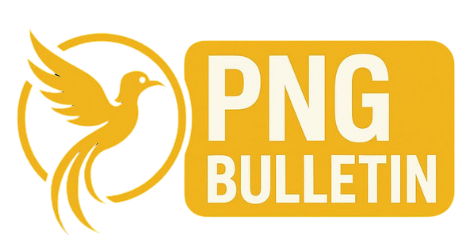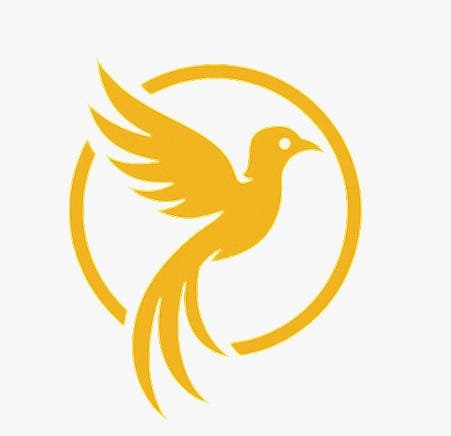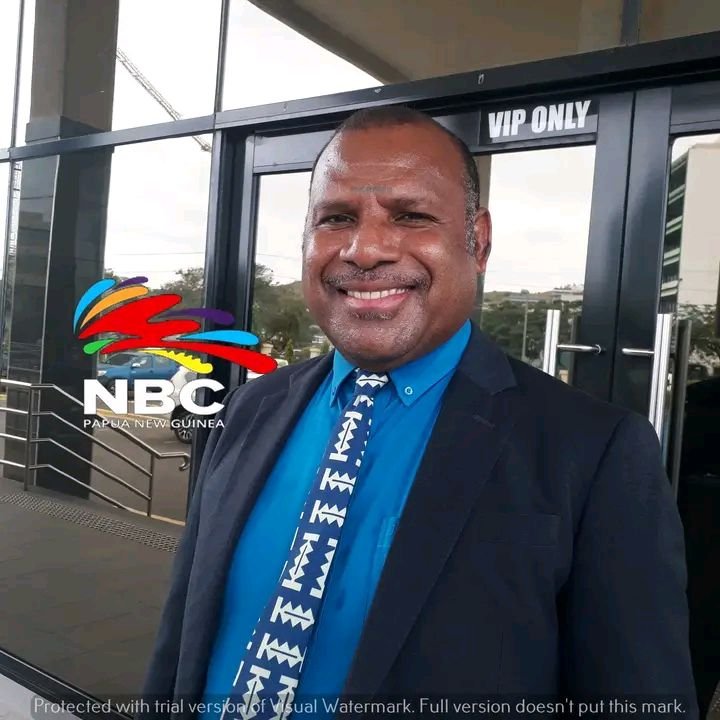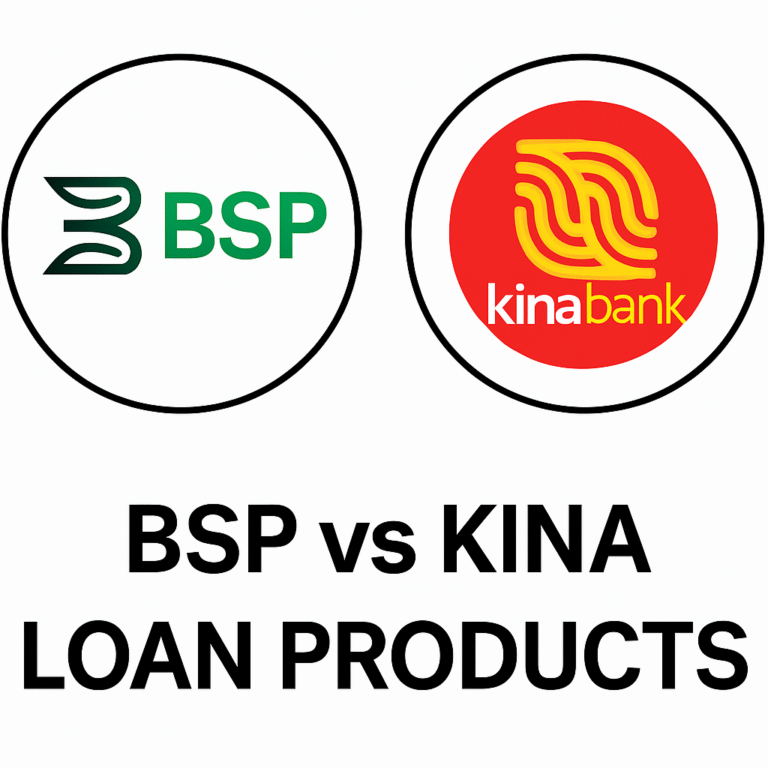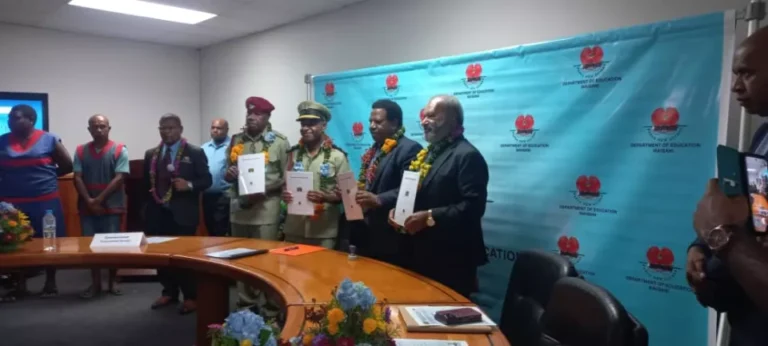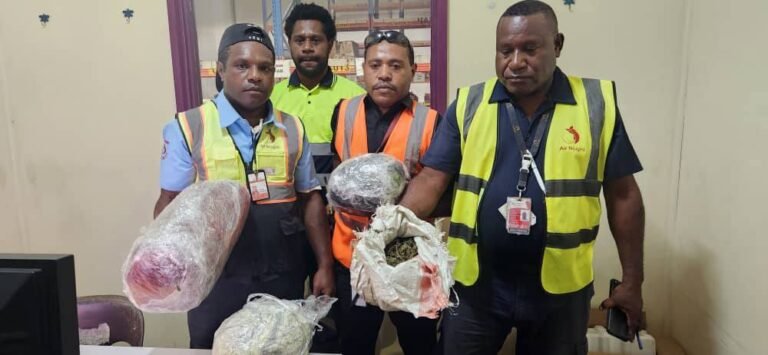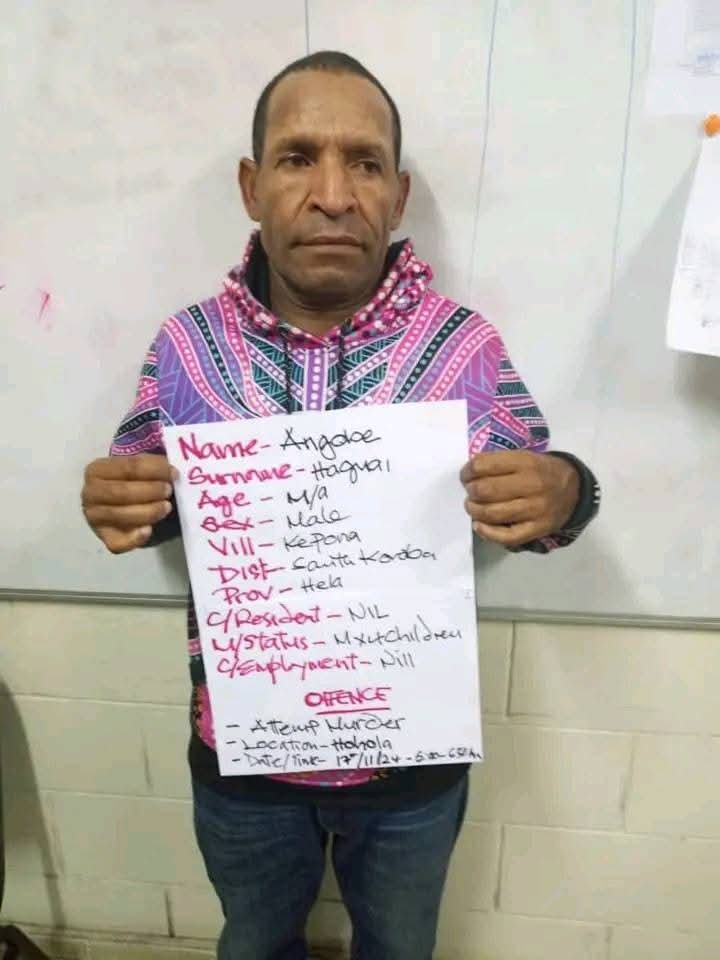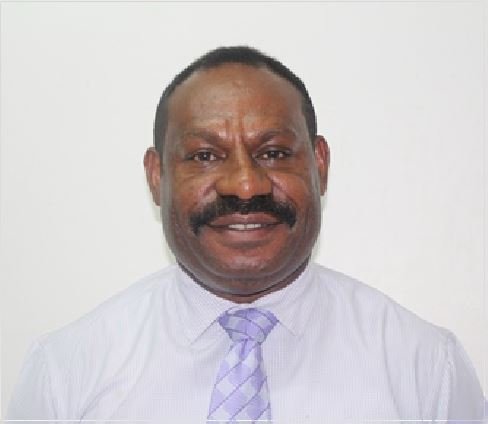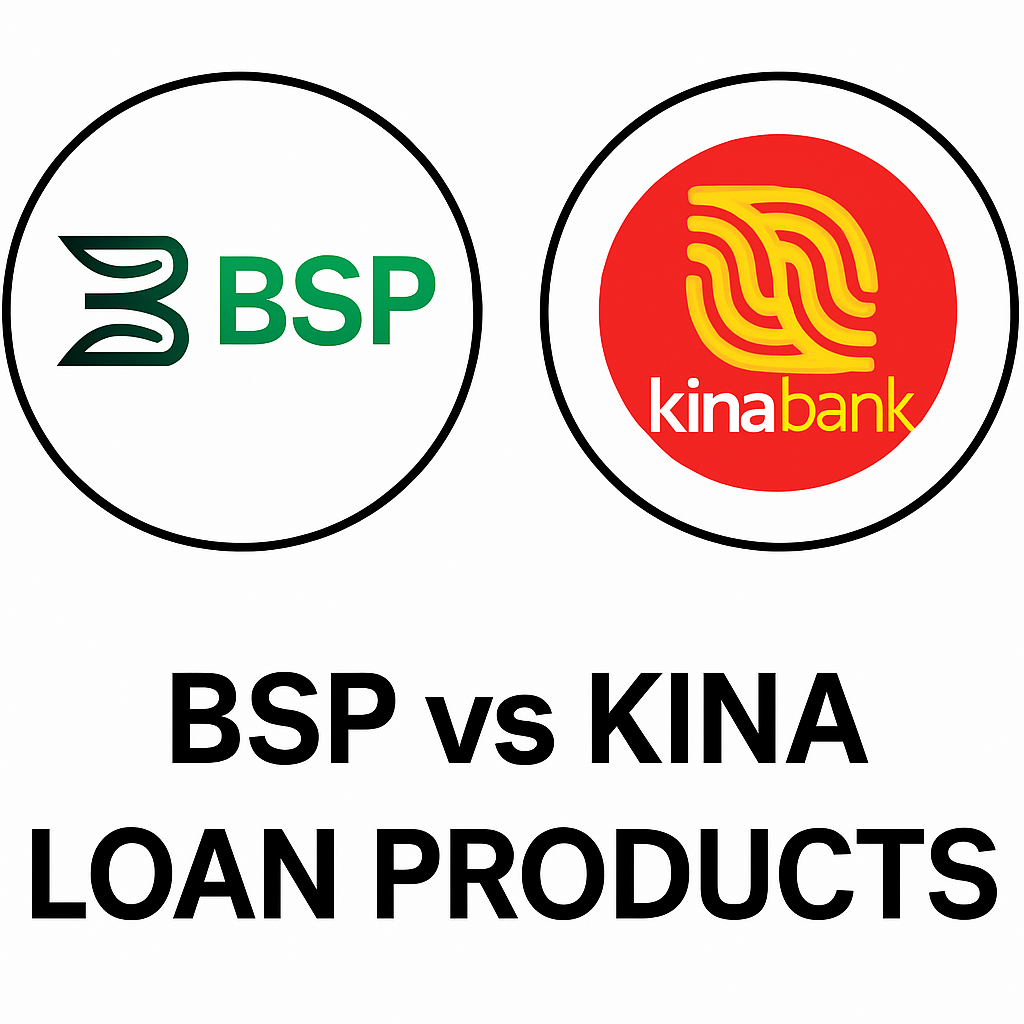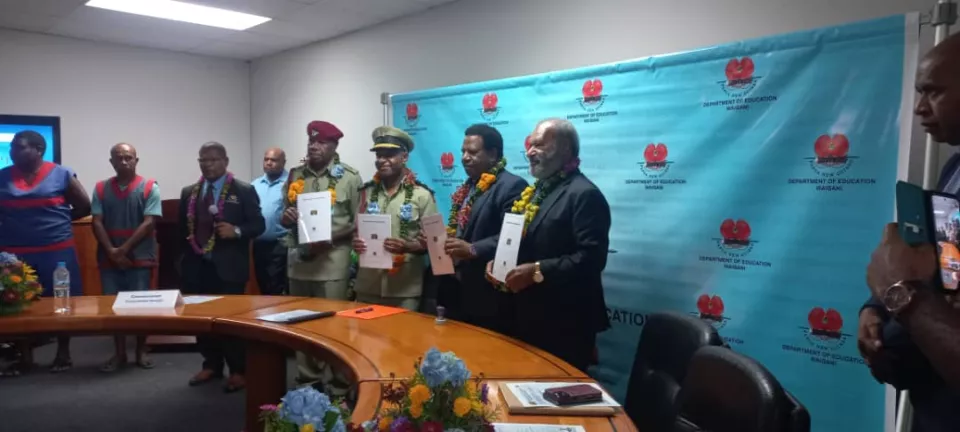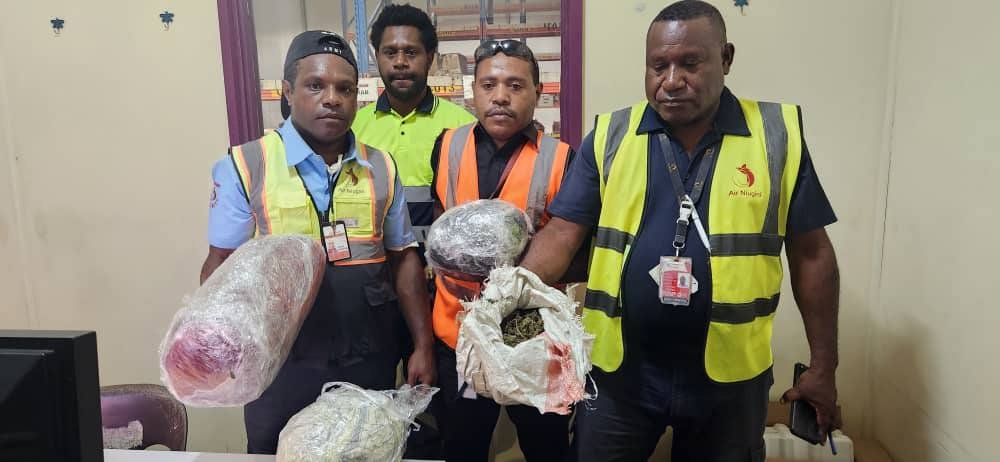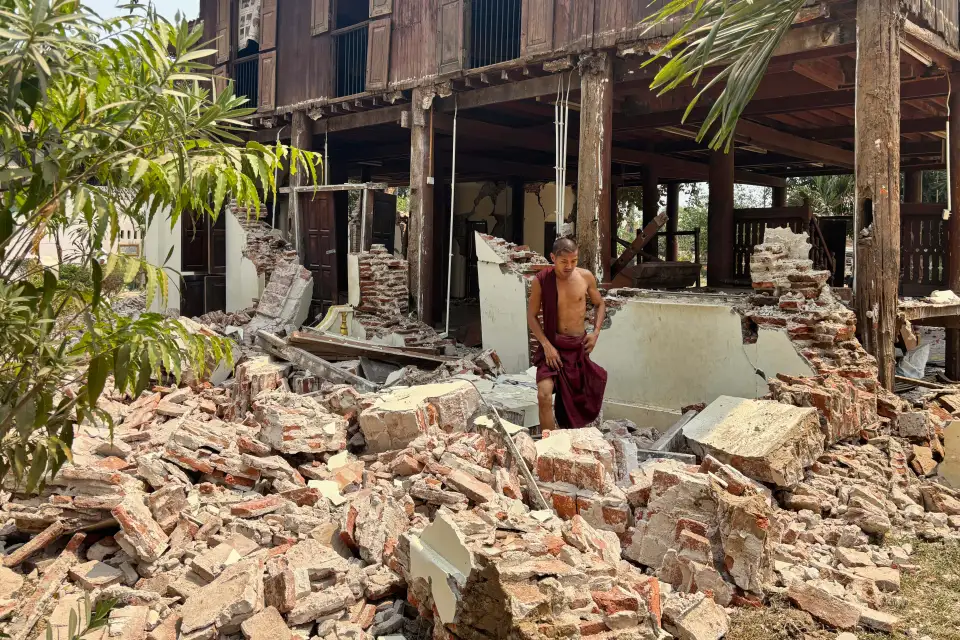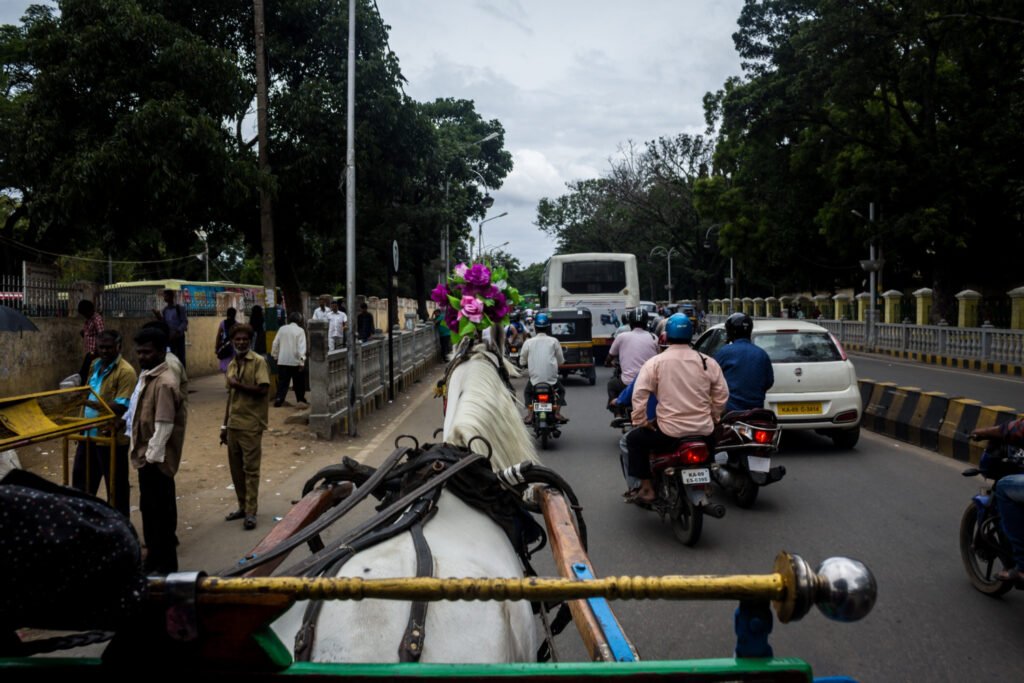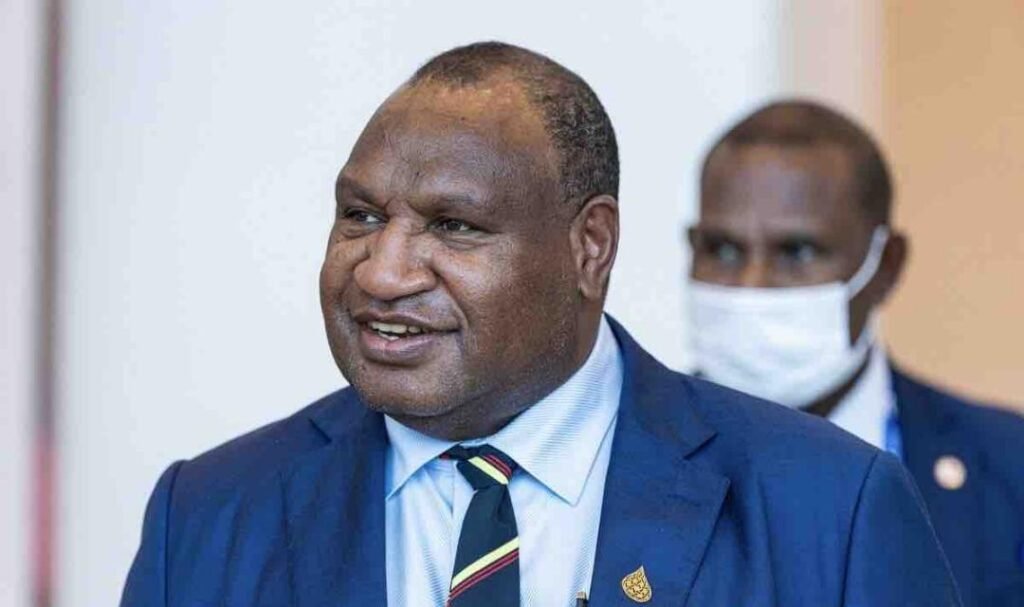Highlands & Morobe, Papua New Guinea — June 2025
As Papua New Guinea faces the return of polio for the first time in 25 years, the national response is being powered not just by health authorities—but by the determination of nurses on the frontlines and parents in every village. Behind the emergency vaccination campaign is a web of real human stories, technical hurdles, and unwavering commitment.
“I Just Want My Son to Be Safe”
In the mountain village of Kundiawa in the Highlands, 26-year-old mother Maria Angua held her two-year-old tightly as a nurse prepared the oral polio drops. “We never had this worry before,” she said. “Now I walk two hours just to get to the clinic. I just want my son to be safe.”
Like Maria, thousands of parents across PNG are responding to the call to vaccinate. Their resolve is strong, but the journey isn’t always easy—especially in the rural Highlands where roads are poor, transport is rare, and misinformation still circulates.
“We’ve had some parents ask if this vaccine is safe,” said Nurse Eliza Kombo, who has worked in Eastern Highlands for over a decade. “They hear things on the radio, on Facebook, or from relatives. So we take time to explain, even if it means vaccinating fewer children in a day.”
Health Workers on the Frontlines
Health workers like Nurse Eliza are not only vaccinators—they are educators, counselors, and at times, transporters. In some cases, they’re carrying vaccines in cooler boxes strapped to their backs, hiking for hours in difficult terrain.
In Southern Highlands, cold-chain logistics remain one of the biggest challenges. The oral polio vaccine must be kept between 2°C to 8°C, or it loses effectiveness. Yet many clinics have unreliable power or no refrigeration at all.
“We’ve had to rely on ice packs and insulated boxes. If a flight is delayed or a fridge breaks, we lose a whole batch,” said Peter Bagi, a logistics coordinator working with the Provincial Health Authority. “That’s heartbreaking when you know kids are waiting.”
Supply Chains and Support
The national campaign, supported by WHO and UNICEF, includes solar-powered fridges, backup generators, and emergency transport networks to address these hurdles. Still, the terrain of PNG, especially in inland regions, presents massive logistical obstacles.
Helicopters are being used in some extremely remote areas, while motorboats and 4WD vehicles are helping reach coastal and jungle communities. Despite the challenges, the vaccination teams are pressing forward.
“We don’t have time to wait for the perfect conditions,” said Bagi. “Polio won’t wait.”
The Spirit of Unity
Amid these struggles, what’s driving this campaign is a shared sense of responsibility and hope. Parents are stepping forward. Nurses are walking further. Community leaders are using megaphones and church gatherings to spread the message.
“We may not have much,” said Maria, the young mother from Kundiawa, “but we can still protect our children.”
The Path Forward
With additional vaccination rounds scheduled and more awareness campaigns rolling out, PNG’s response is gaining momentum. But the mission is far from over. Trust must be earned, infrastructure must be supported, and every child must be reached.
The PNG Bulletin will continue to highlight these voices, the challenges on the ground, and the hope driving the fight against polio. Because behind every vaccine dose is a parent’s love—and a nurse’s courage.
